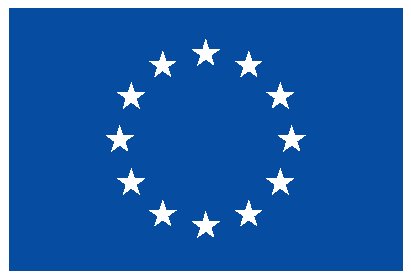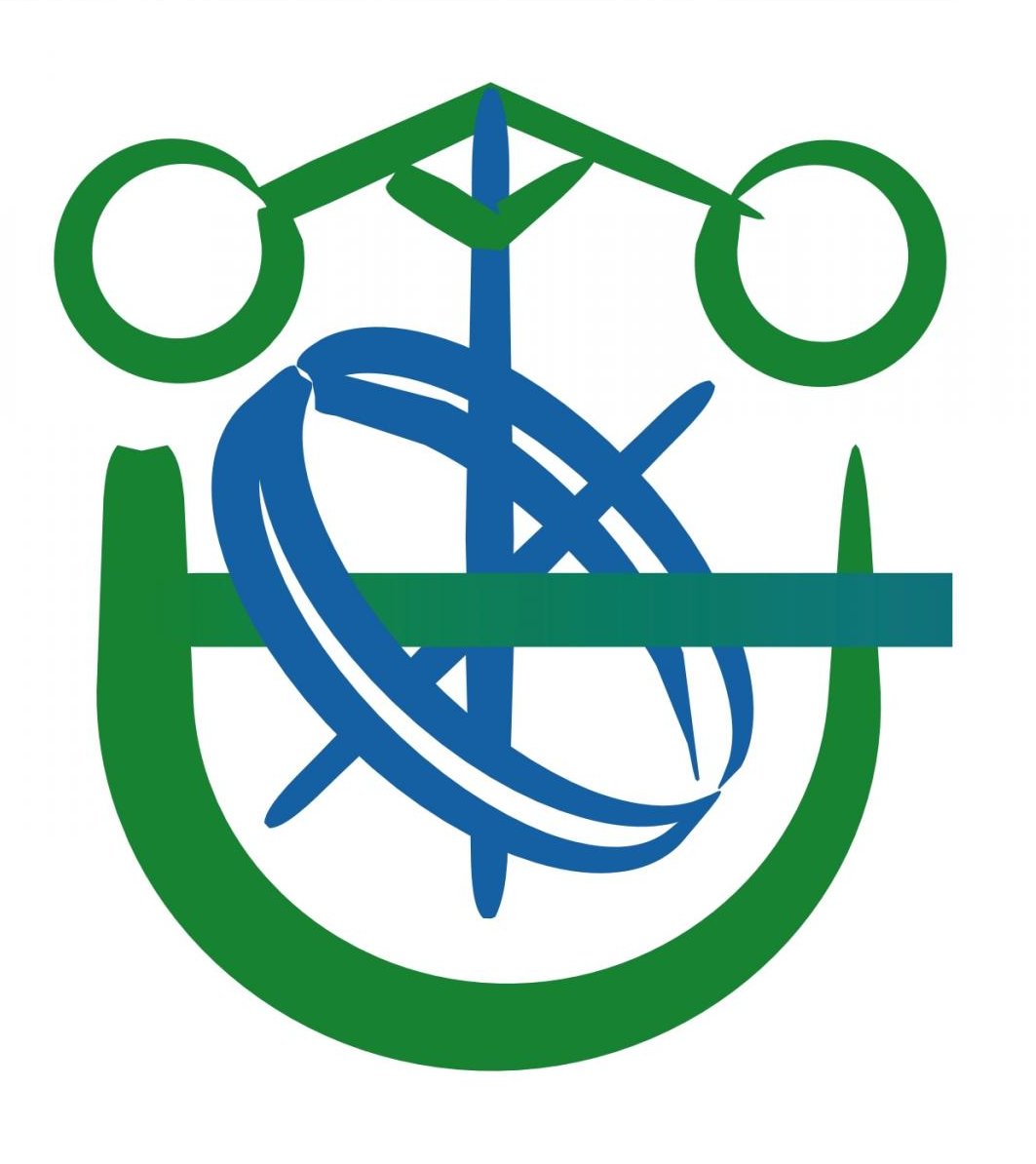Rating the Rich: An Ordinal Classification to Determine Which Rich Countries are Helping Poorer Ones the Most
Hits: 7881
- Research areas:
- Year:
- 2014
- Type of Publication:
- Article
- Keywords:
- Fight against poverty, Policy coherence for development, Commitment to development index, Ordinal classification, Artificial neural networks
- Authors:
-
- Sianes, Antonio
- Dorado-Moreno, Manuel
- Hervás-Martínez, César
- Journal:
- Social Indicators Research
- Volume:
- 116
- Number:
- 1
- Pages:
- 47-65
- Month:
- February
- ISSN:
- 1573-0921
- BibTex:
- Note:
- JCR(2014): 1.395 Position: 20/95 (Q1) Category: SOCIAL SCIENCES, INTERDISCIPLINARY
- Abstract:
- When talking about poverty, a lot of energy is expended by academics and sociologists in the identification and classification of the poor. Less attention is paid to classifying the rich. The Center for Global Development created the Commitment to Development Index in 2003, which ranks countries according to their contribution to the reduction of poverty in developing countries. Since its first report, ‘‘Ranking the rich, the Index has been quite successful. However, it has also been subject to multiple criticisms. This paper proposes the use of an ordinal classification to rate, not rank, the performance of rich countries. An ordinal classification, where an ordinal scale labels the examples, can help discovering the level of each country’s commitment to development, automatically and independently from others’ performances. It could stimulate both advocacy from civil society and the determination of more coherent public policies in rich countries for poorer ones.The methodology used is Artificial Neural Networks, a common machine learning tool for successfully solving classification problems. Experiments yield robust results, showing better outcomes than other alternative ordinal classifiers, opening the possibility of developing a classification technique which could overcome the limitations of the current ranking technique.
- Comments:
- JCR(2014): 1.395 Position: 20/95 (Q1) Category: SOCIAL SCIENCES, INTERDISCIPLINARY







